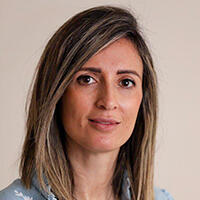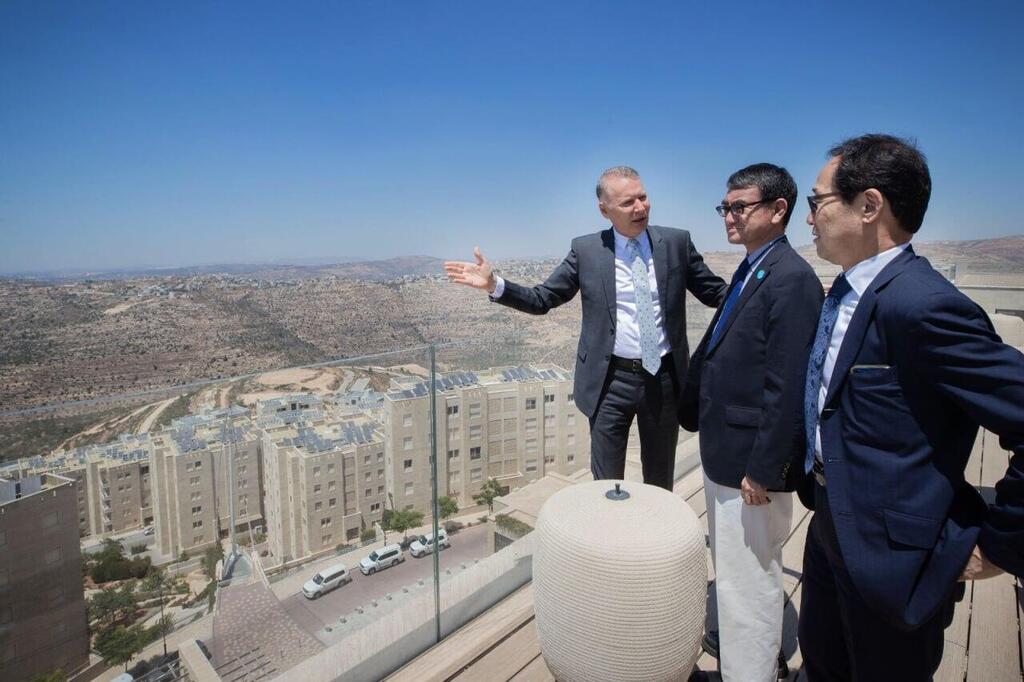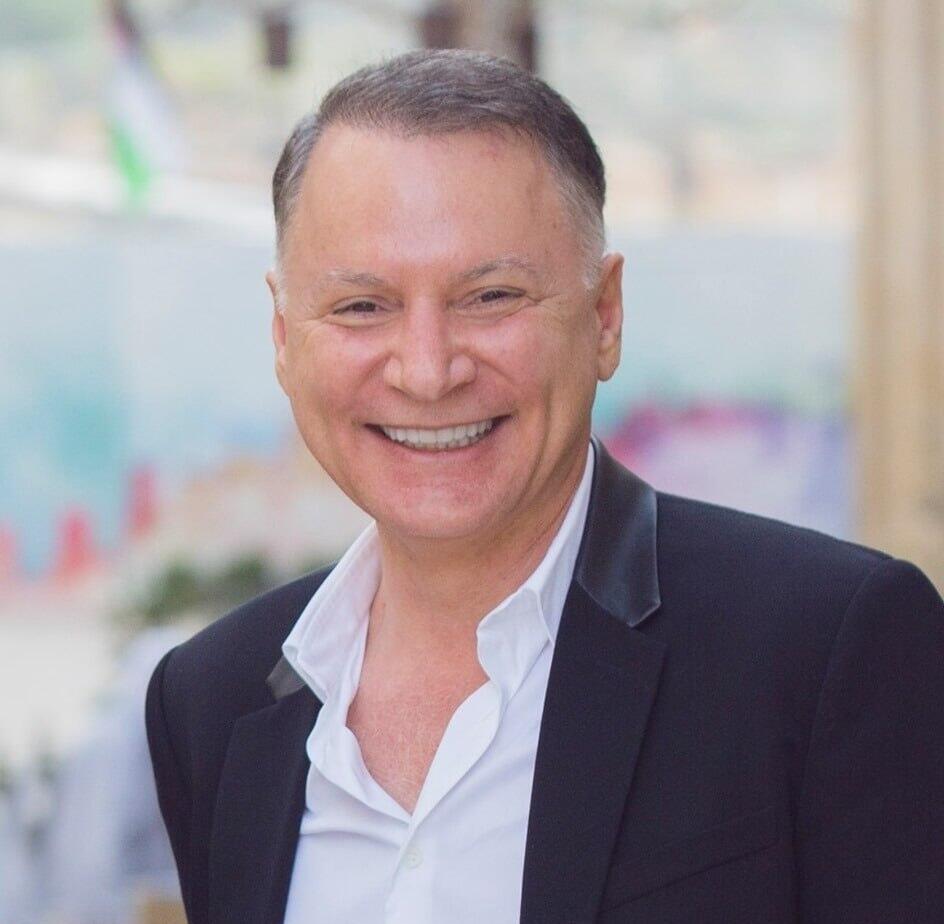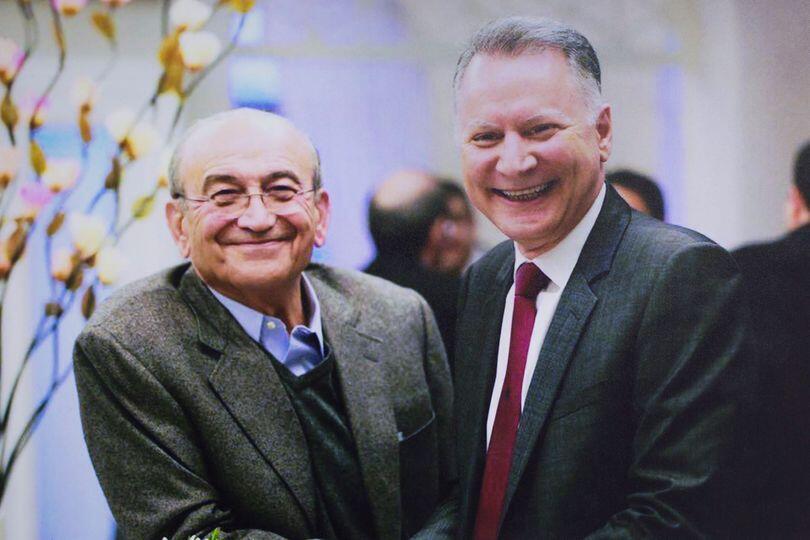Bashar al-Masri, 64, a Palestinian-American businessman, never imagined he might one day be seen as the person who could save the Gaza Strip and stop the war, as some in the U.S. are anticipating. Masri serves as a secret advisor to the Trump administration and is emerging as the "shadow figure" of Adam Boehler, the U.S. envoy for hostage affairs, whose name garnered attention recently after it was revealed that he was involved in direct talks with senior Hamas officials.
A long-time friendship based on business and mutual interests exists between Boehler and Masri, who is currently in Brazil. Although no joint photos of the two have been published, as part of Masri's involvement—which was first reported by journalist Ben Caspit — he has reportedly allowed Boehler to use his private jet for months to facilitate negotiations with Hamas.
The al-Masri family: Prominent and neutral players
Bashar Masri belongs to a prominent family from Nablus. Two other family members are well-known globally: billionaires Munib and Sabih al-Masri. Munib is his uncle, while Sabih is a distant relative. The al-Masri family is considered neutral, unaffiliated with any Palestinian factions. Over the years, the family has refrained from political involvement to avoid jeopardizing their extensive business ventures. Palestinian leaders, including Yasser Arafat and Mahmoud Abbas, have tried to recruit them into politics but failed. Offers for ministerial positions in the Palestinian Authority have been declined by both Munib and Sabih, as well as Bashar himself.
Adam Boehler on CNN
(Video: CNN)
Masri is married to an American and lives a Western lifestyle, which could appeal to Donald Trump. Despite his luxurious life — he drives grandiose cars and is often accompanied by aides and bodyguards — he remains deeply involved in Palestinian affairs, advocating for the international community, particularly the U.S., to understand the realities in the West Bank and Gaza. He also uses his Instagram account, with tens of thousands of followers, to share his message.
Born and raised in Nablus, Masri left for the U.S. at a young age, where he studied chemical engineering at Virginia Tech. He worked for a consulting firm in Washington, where he met his wife, Jane. Around 2005, he returned to Palestine with his wife and two daughters and established his holding company, Massar. In a past interview, he described himself as "half-Palestinian, half-American." He said: "I don't think or act like the average Palestinian, but my heart and soul are Palestinian."
From protests to business success
Despite his Palestinian-American identity, Masri has had several encounters with Israeli prisons due to his participation in protests against Israel. He was often held under administrative detention, which has contributed to his stature in Palestinian society. Masri is seen as a role model for many young Palestinians. However, as he has explained in the past, "People thought I inherited everything — but I didn't. I came with very little money from my work abroad, and I started investing and developing myself."
5 View gallery


Bashar al-Masri in a building going up in the new West Bank Palestinian city of Rawabi
(Photo: Facebook)
His flagship project is undoubtedly the city of Rawabi (which translates to "Hills"), located near Ramallah. It is the only planned Palestinian city and has been dubbed the "Palestinian Modi'in" (a reference to a modern Israeli city). The city was built at an estimated cost of over $1 billion, with Qatar also contributing to its funding. Rawabi includes a large commercial center, a high-tech hub where even Apple engineers work, and an amphitheater. Interestingly, most of the apartment buyers in Rawabi have been Arab-Israelis rather than Palestinians.
Ties to Gaza and Israeli plans
Masri's name has been linked to past Israeli plans to distribute humanitarian aid in Gaza through Palestinian officials who could also govern the Strip. In March last year, The Wall Street Journal reported that Prime Minister Benjamin Netanyahu rejected such plans because some of the involved individuals, such as Majed Faraj and Mohammed Dahlan, were associated with Fatah. According to the report, the aid was supposed to enter Gaza via sea and land, be inspected by Israel, and then distributed by Palestinians. After the war, those managing the aid were expected to assume governing roles in Gaza. However, Netanyahu, according to the report, did not rule out Masri's involvement, as he is seen as unaffiliated with any political faction among Palestinians.
Masri frequently comments on current events. Regarding the Arab League summit held last week in Cairo, where Egypt presented an alternative plan to Donald Trump's for rebuilding Gaza, Masri said: "It could become a historic summit if it results in a Palestinian initiative to set a date for general elections, strengthen Palestinian legitimacy and prepare for the next critical phase."
During the hostilities in Gaza, Masri called for a "cessation of aggression" in the Strip. In one instance, he stated, "Deal or no deal — the most important thing is to stop the aggression and alleviate the suffering of our people in Gaza." Following the declaration of the current cease-fire, he said: "The suffering did not end with the announcement of the cease-fire. It continues to worsen daily. We must do more to support Gaza, advance the Strip hand in hand, and prepare for its reconstruction. This is the test that will ensure success."
Throughout the war, he consistently highlighted Gaza's suffering in his social media posts, and a month into the conflict, he described the situation there as a "tragedy."
5 View gallery


He is the "shadow figure" of Adam Boehler, the U.S. envoy for hostage affairs
(Photo: Jim Watson / AFP)
Get the Ynetnews app on your smartphone: Google Play: https://bit.ly/4eJ37pE | Apple App Store: https://bit.ly/3ZL7iNv
In one Instagram post, Masri emphasized that addressing Gaza's needs is "primarily a Palestinian responsibility." He wrote this in the context of an initiative in the West Bank to send honey to Gaza.
"I urge anyone who can and wants to participate not to hesitate. The scale of the disaster is horrifying, and aid is, first and foremost, a Palestinian responsibility," he stated. Throughout the war, he repeatedly called for advancing the cease-fire.







